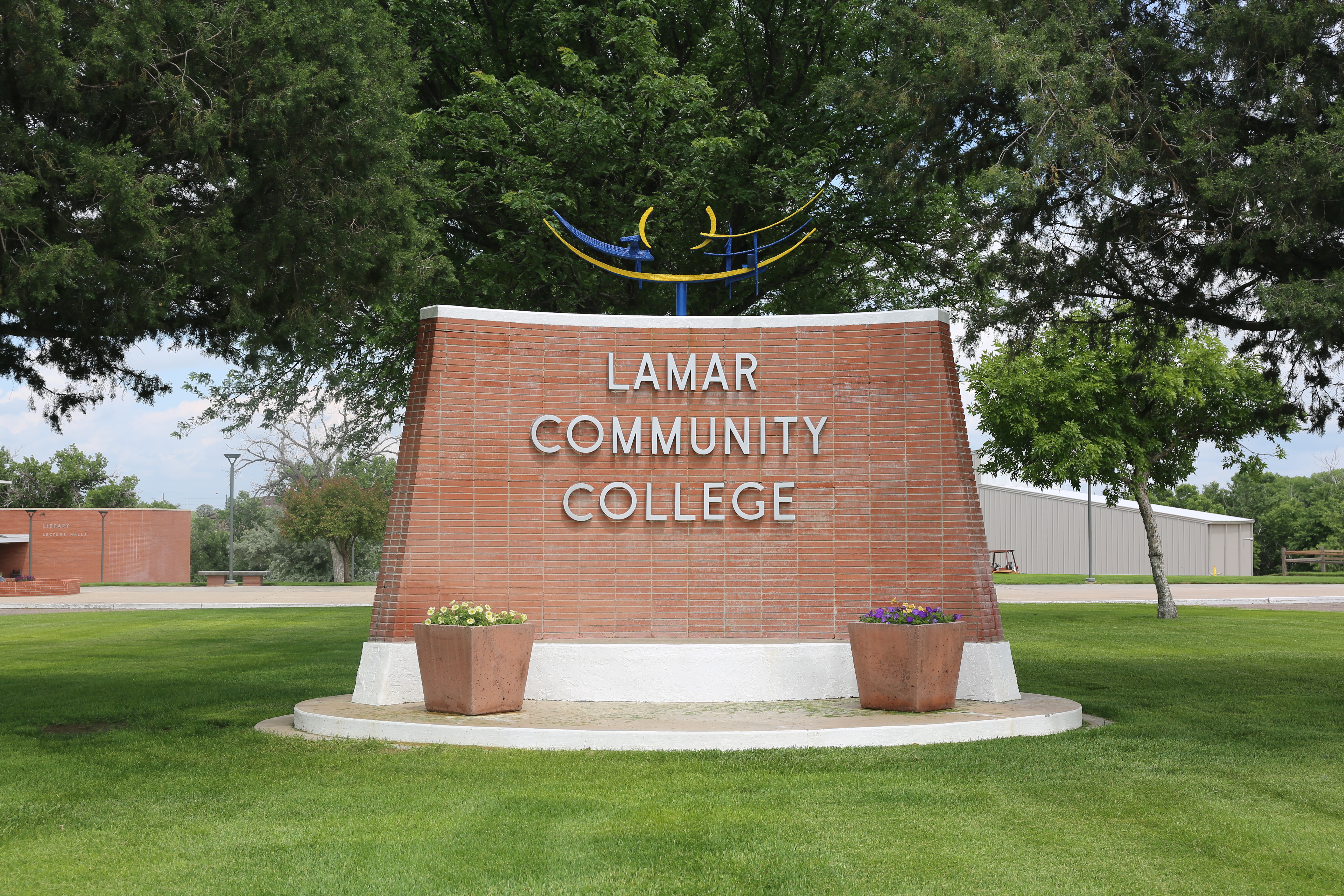Lauren Jones, the Career and Technical Education (CTE) Program Director for Special Populations, Counseling and Equity for the Colorado Community College System, received a state award for her efforts to diversify CTE programming.
The Colorado Career Development Association recognized Jones with the Diversity Initiative Award during their annual spring training earlier this month. The honor recognizes an individual or team that has demonstrated a high degree of cultural responsiveness and inclusive practices within career-related activities.
“I feel really proud to be in our state doing this work, because we are shaking things up,” Jones said. “We are contributing to a bigger picture partnering with so many other agencies in Colorado.”
A former school counselor and middle school teacher, Jones has spent 13 years with CCCS expanding CTE opportunities for students with learning differences, in foster care, and from economically disadvantaged backgrounds, among more groups. She also brings together school counselors and instructors to promote CTE in middle and high schools.
We are getting more thoughtful about how to help individual students. We help them thrive in their aspiration.” – Lauren Jones, Career and Technical Education Program Direction for Special Populations for CCCS
“As school counselors, we get our master’s degrees in three areas: career, academic, and social/emotional. In Career and Technical Education, we are focused on three areas as well: earning learning, and living,” she said. “We are each other’s allies. We want the same results, and we are working towards the same outcome.”
Building rapport among these groups is chipping away at the stigma historically surrounding CTE and helping rally students around a “career-going culture,” Jones said. When students understand how their education and training relates to a future profession, they uncover a sense of purpose that can motivate them to stay in and succeed in school.
“In the career tech field, there’s a strengths-based, purpose-driven component,” she said. Once students recognize their talents and interests, “all of a sudden, there’s this little flame inside of them. Students know that they need to keep going.”
Beyond improving outcomes, Jones believes these “meaningful career conversations” can unlock students’ potential and ultimately save lives.
“We are getting more thoughtful about how to help individual students,” she said. “That’s the equity point—supporting individual students versus the masses. We help them thrive in their aspiration.”


